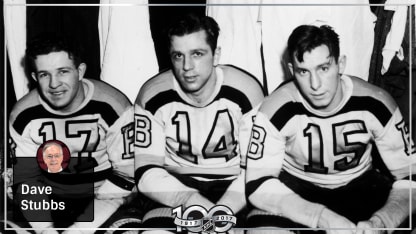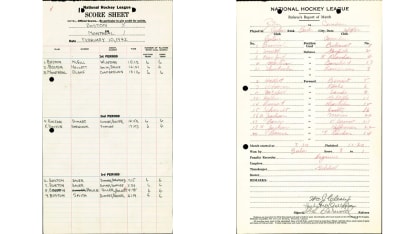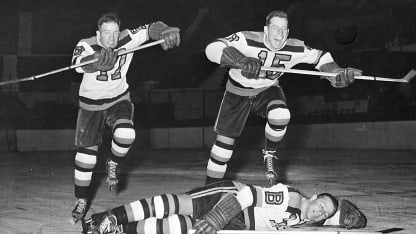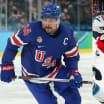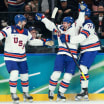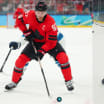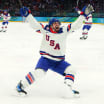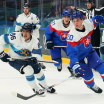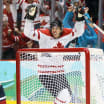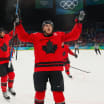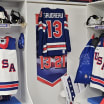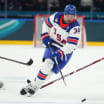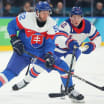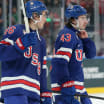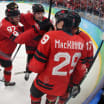Schmidt went to Europe for the duration of the war, stationed in England. Bauer was the first to return home; his two friends later sailed home on the same vessel. They would be reunited with the Bruins in 1946, their bond never closer.
Schmidt eventually went on to coach the team, the most dyed-in-the-wool Bruin ever. Bauer returned to Kitchener to coach a team to the senior-league Allan Cup title in 1953 and 1955. Dumart retired in Boston, serving for years as the official scorer at the Garden.
All three played for no NHL team but the Bruins, skating in a combined 1,875 regular-season games and 222 more in the Stanley Cup Playoffs between 1935-36 and 1953-54, their careers interrupted by the war.
Until their final days, all would cherish the fabulous 1942 sendoff they had received from teammates, fans, Bruins management and an opponent that saw a much larger picture than a crushing loss in one NHL game.
"Never to be forgotten," Schmidt told Dupont of the farewell. "It shows you that out on the ice you're enemies, but as soon as you're off the ice, you can be good friends. To be treated like that, Bob, Woody and I, before going into the service, it's such a credit to the Canadiens, as players and people."
